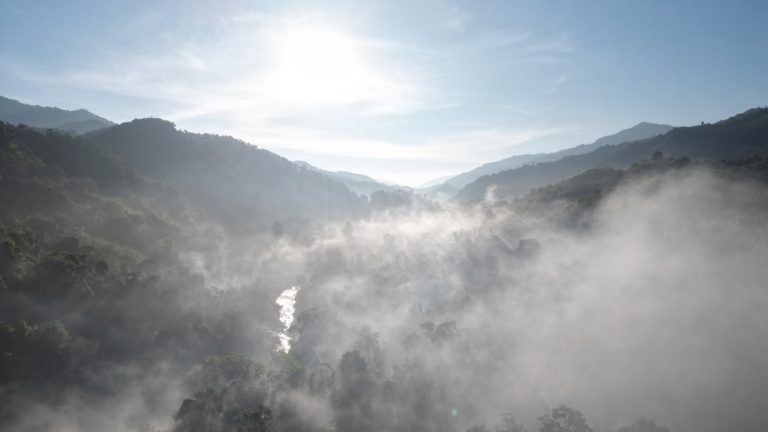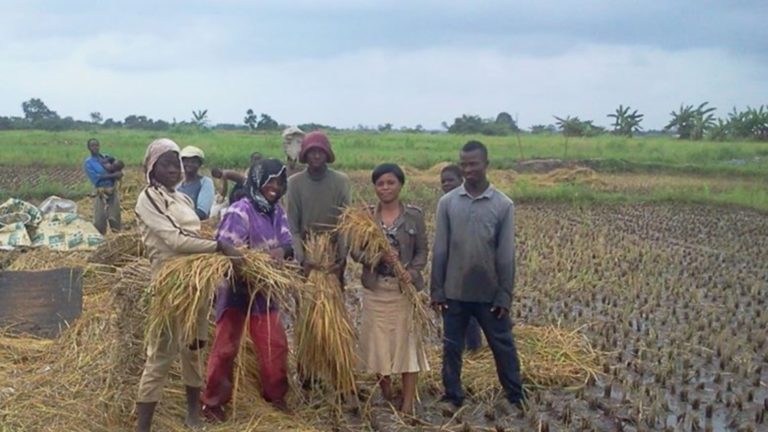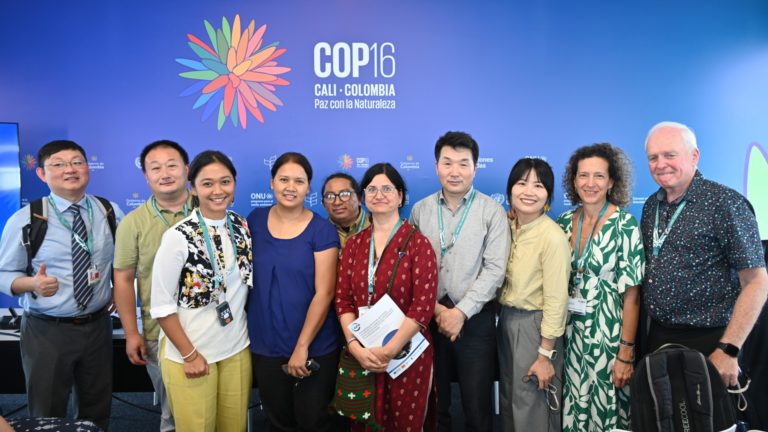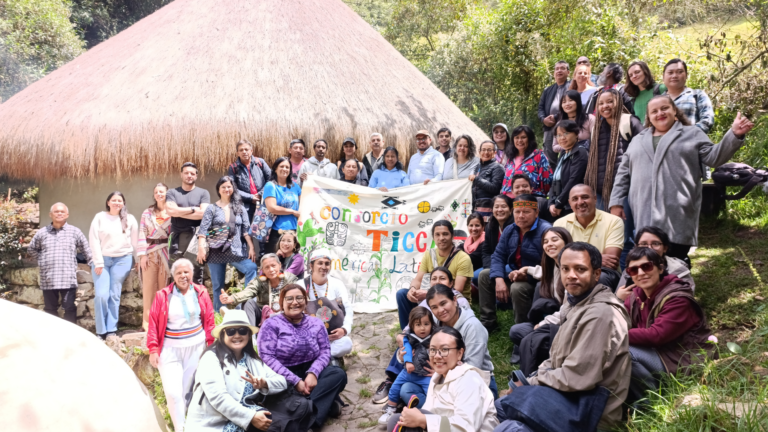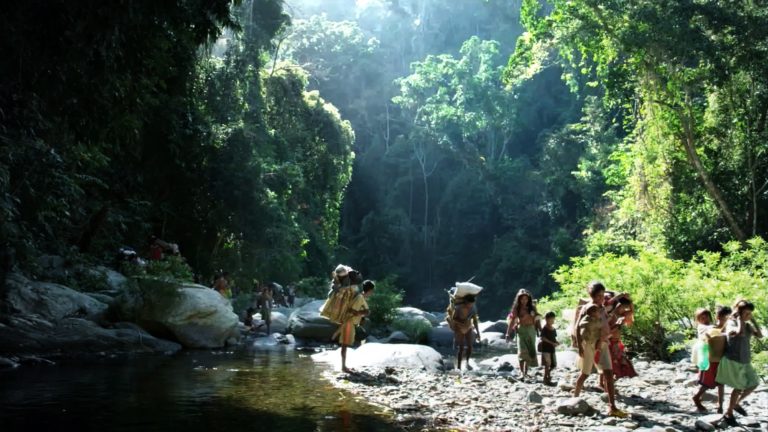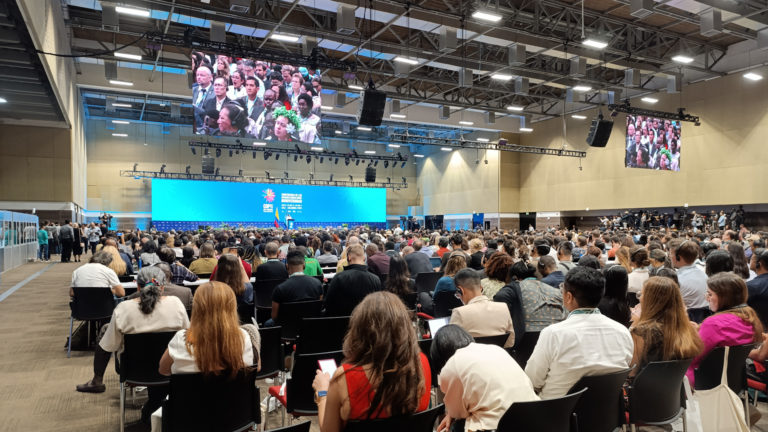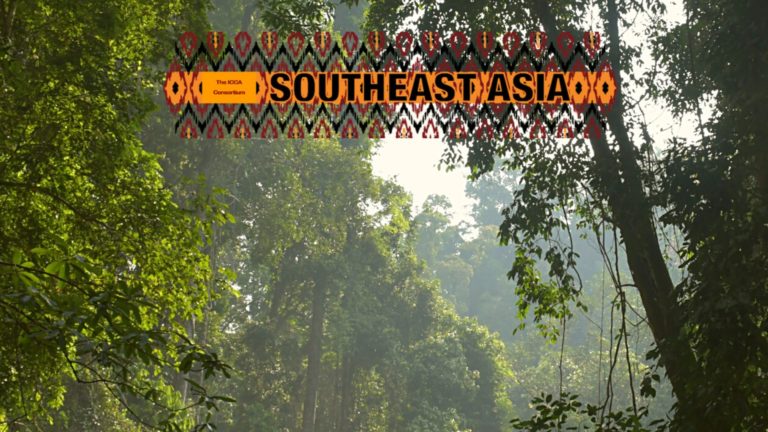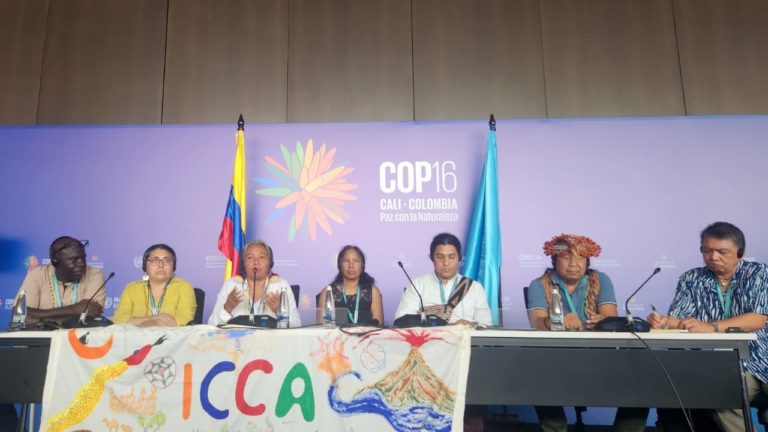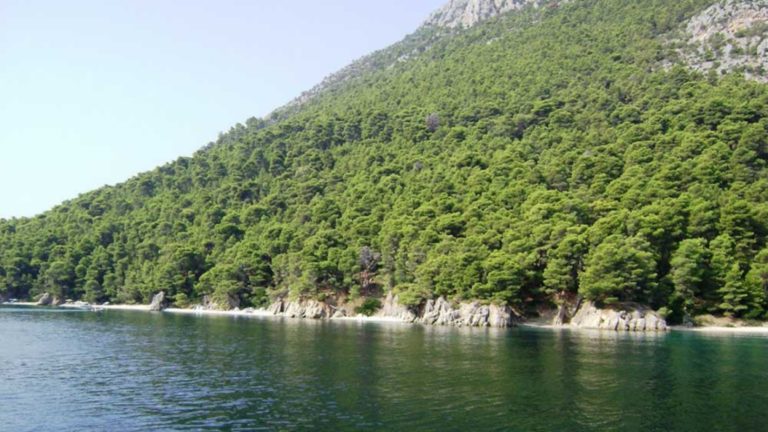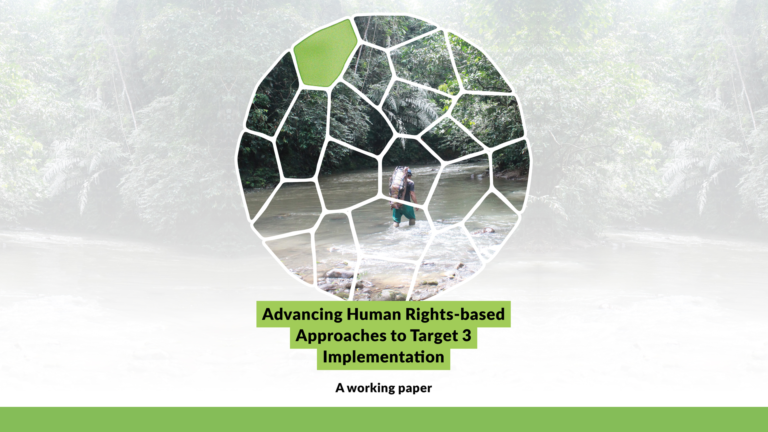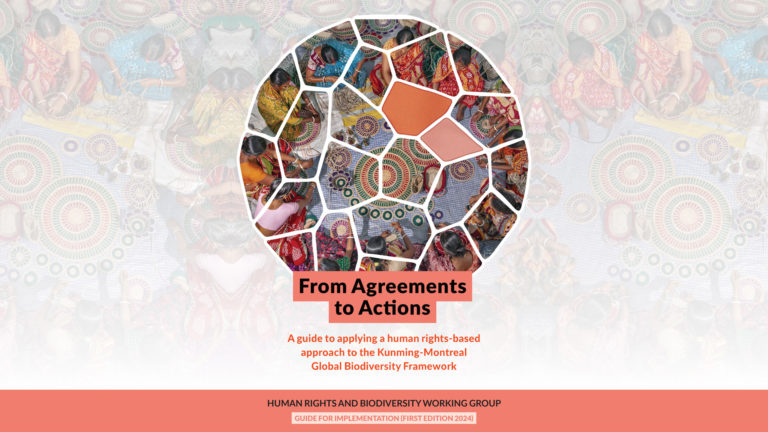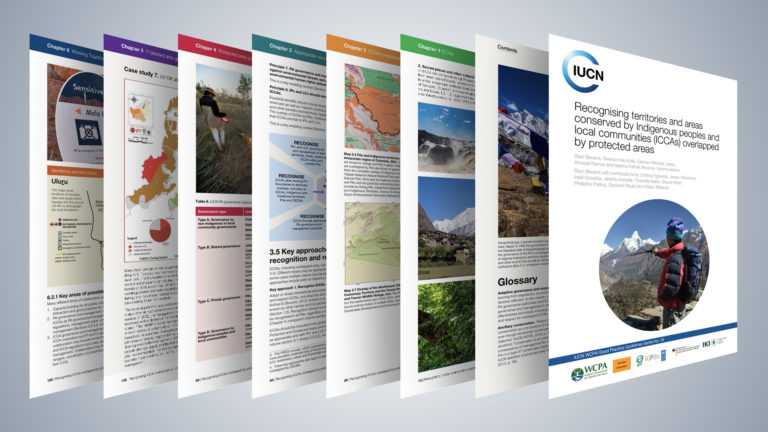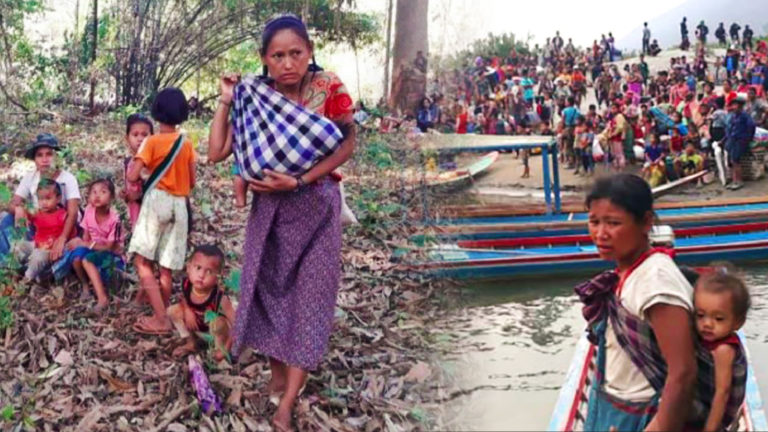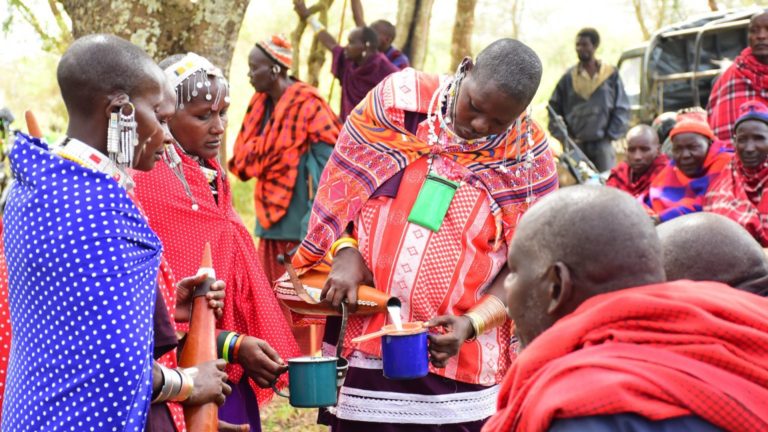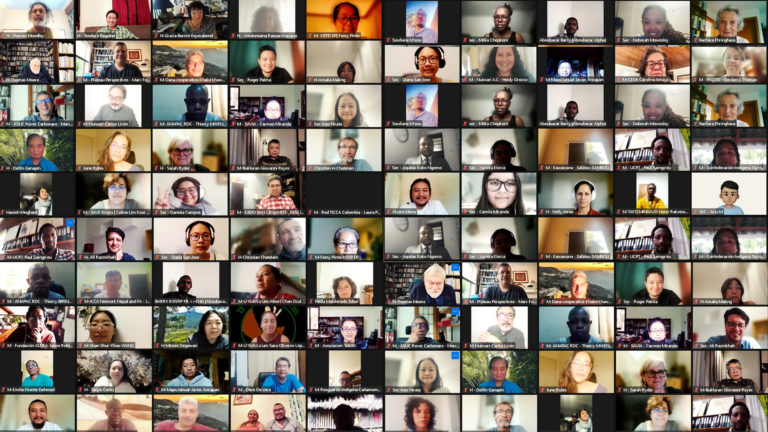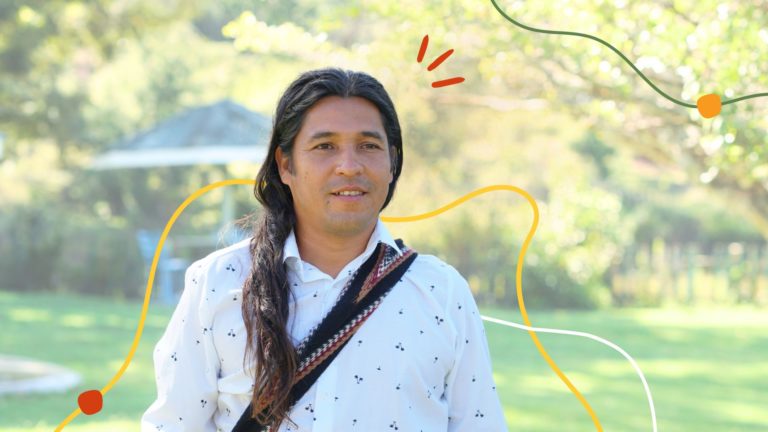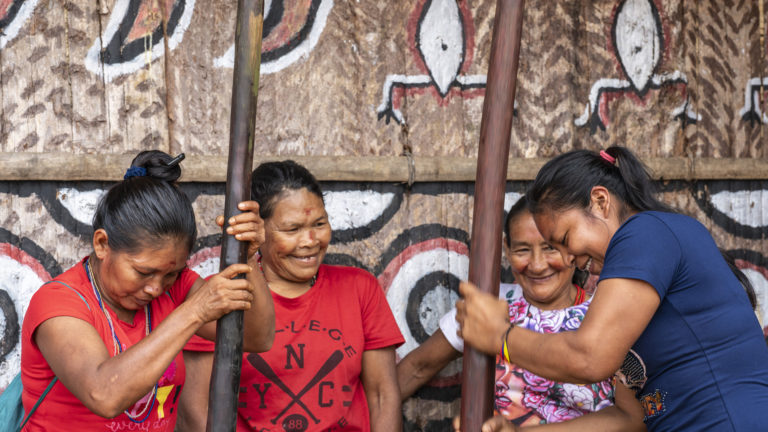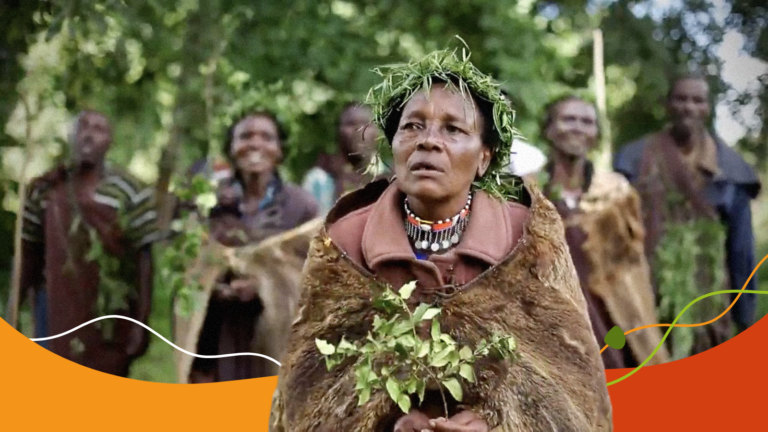Thawthi Taw-Oo Indigenous Park: Karen People in Burma establish new conserved territory
The park’s planning and establishment resulted from years of hard work, discussion, and coordination between communities, Karen civil society, and the Karen National Union. Read more ▸
A message from the President of the ICCA Consortium’s Council
Dear friends, in 2025 and beyond, the ICCA Consortium will continue to overcome challenges to working more closely with our member territories, partners, and allies to deepen our strategic issues mentioned above and our own as a global movement for the defense and promotion of the rights of Indigenous Peoples and Local Communities. Read more ▸
Exploring Voluntary Commitments by Non-state Actors in Advancing OECMs: Insights from China and International Perspectives
Event Recap: At this CBD COP16 Side Event on October 25, 2024, speakers shared assessments and case studies and took part in policy dialogues on Other Effective Area-based Conservation Measures (OECMs). Read more ▸
Recap of the ICCA Consortium’s 2024 In-Person Meeting
The discussions and debates in the meeting clarified the Consortium’s path forward, positioning it better to address the challenges faced by Indigenous Peoples and local communities. Read more ▸
Global Biodiversity Framework Fund: reflections and recommendations for advancing direct and equitable funding for Indigenous and community-led conservation
This article highlights and builds on key points and recommendations shared in a statement by Giovanni B. Reyes during the Ministerial Dialogue and Pledging Session for the GBFF on 28 October 2024 during the 16th Conference of the Parties to the Convention on Biological Diversity (CBD COP16) in Cali, Colombia). Read more ▸
Global Biodiversity Framework: will the resources ever be mobilized to achieve the 2030 targets?
Resource mobilization has always been the most sensitive and contentious agenda item on which to reach a consensus. Read more ▸
COP16 negotiations: ICCA Consortium Southeast Asia shares recommendations for ASEAN member states
ICCA Consortium Southeast Asia recommends positions for the ASEAN member states to negotiate in the Sixteenth Conference of the Parties (COP16) to the Convention on Biological Diversity (CBD). Read more ▸
ICCA Consortium Statement at COP16: Protecting biodiversity and territories of life
We call on the international community to listen to our voices, recognize our authority over the territories we have cared for over generations, and support us with the necessary resources to continue being guardians of biodiversity. Read more ▸
An appeal for solidarity with traditional communities of Kalamos-Kastos islands in the fight against colonial conservation
In our struggle against land and ocean grabs and fortress conservation, we are being intimidated and threatened; we ask for solidarity and support from the ICCA Consortium members and community-based organizations. Read more ▸
Advancing Human Rights-based Approaches to Target 3 Implementation: A working paper
HRBWG et al. (2024). Advancing Human Rights-based Approaches to Target 3 Implementation. A working paper developed by members of the Human Rights and Biodiversity Working Group and participants in the international workshop on Advancing Rights and Equity in Conservation (Nanyuki, 2024). Read more ▸
From Agreements to Actions: A guide to applying a human rights-based approach to the Kunming-Montreal Global Biodiversity Framework
A guide to offer additional support and specific examples for Parties, decision-makers, non-state actors, and rights holders involved in biodiversity policy on implementing a human rights-based approach in the Global Biodiversity Framework. Read more ▸
New guidelines: Recognising territories and areas conserved by Indigenous peoples and local communities (ICCAs) overlapped by protected areas
ICCA Consortium members develop Good Practices Guidelines on Protected and Conserved Areas Series volume published by IUCN’s World Commission on Protected Areas. Read more ▸
Challenges to direct funding access for Indigenous Peoples defending ICCAs amid Unilateral Coercive Measures and armed conflict
The adverse effects of UCMs starkly contradict their purported objectives of promoting human rights and democracy; these measures, which are supposed to uphold these values, undermine them. Read more ▸
East Africa: Climate resilience, mental health and human rights in Pastoralist communities
Displacement and evictions have affected pastoralists’ mental health and well-being, thus creating a state of learned helplessness and depression Read more ▸
The ICCA Consortium holds its 20th General Assembly online
The General Assembly is the association’s highest governance body and is a crucial opportunity to renew and further strengthen our organization Read more ▸
Welcoming new Members to the Consortium
The ICCA Consortium welcomes 19 new Member organisations from around the globe. Read more ▸
Welcoming our new President Luis Guillermo Izquierdo Mora
Luis Guillermo, a member of the Arhuaco People, one of the four Indigenous Peoples in Colombia’s Sierra Nevada de Santa Marta Mountain range, has been elected as the new President of the ICCA Consortium. Read more ▸
New resources: demonstration videos of the ICCA Registry
Demonstration Videos are now available in multiple languages to assist members in navigating the ICCA Registry website and downloading data to ensure the accessibility of this critical information that can enhance advocacy and recognition of ICCAs—territories of life. Read more ▸
Colombian Amazon: Documentary series showcases the work of five Indigenous organizations protecting their territories of life and culture
The five communities include the Inga community of Musuiuiai, the El Itilla reserve, and the Asopamurimajsa, Asatrizy, and Aatiam Indigenous associations. Read more ▸
Respect and protect the environmental human rights defenders in Africa
African leaders and conservation organizations must fulfill their responsibility to take a stand and prioritize the protection of environmental human rights defenders, including those from Indigenous Peoples and local communities. Read more ▸
